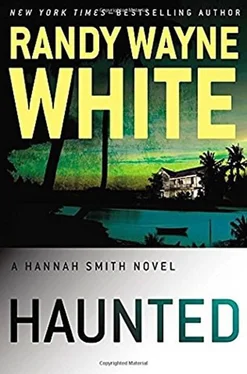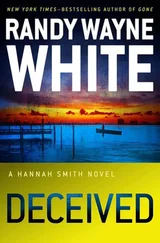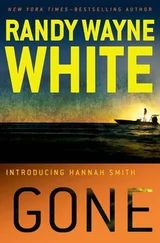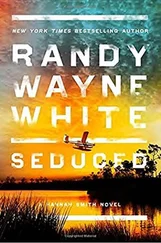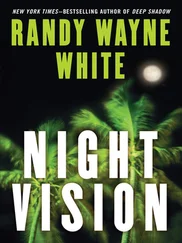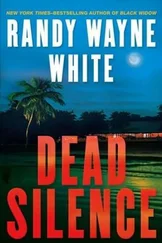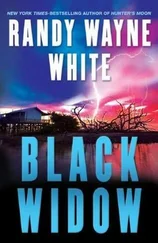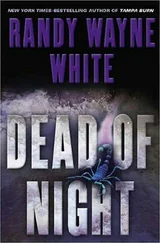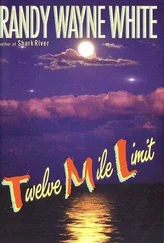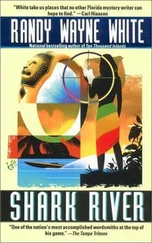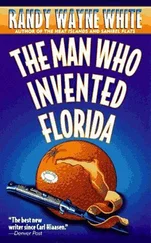How do you comfort a man who, after four years’ searching, is finally convinced his missing son was murdered? Worse, two men who at the very least had played a role in that murder were now chasing us.
“I was a poor excuse for a father and a worse husband. Kenneth was only twelve when we divorced, so he naturally sided with his mother. She remarried, so did I. That began a twenty-year estrangement.” Belton, sitting in darkness, had kept his voice low, spoke matter-of-factly as if time had distanced him from events.
“After police notified me of Ken’s disappearance-this was four years ago-I sat down and counted the times I’d made a serious effort to reconcile. There was once when he graduated from high school, then another after he got his master’s. That’s it. Both times, he refused. And, know what? Secretly, I was relieved. Relieved. Can you imagine? All the awkwardness, I guess, that comes with patching up a relationship, he spared me that. I was fixated on building my business, living the new life I’d planned. Selfish, an overachiever. It’s strange how people like me rationalize the damage we do. We’re convinced there’s plenty of time to make amends, but that’s a lie. It’s a lie that postpones guilt and buys us freedom. You won’t be able to understand, Hannah. I’ve met damn few who are genuinely good and decent. People like you stand out.”
Belton’s story did not mesh with the person I had believed him to be, so I could only respond, “We all do mean things. You’ve changed or you wouldn’t be here. When did you start looking for Kenneth?”
A year after police had tracked all leads to a dead end, Belton had sold his business and gone to work on the case on his own. As police knew, the son had an addiction problem-painkillers after a skiing accident, oxycodone his favorite. Because drugs were the focus of the investigation, the disappearance was dismissed as an unfortunate but all-too-common side effect. Belton was willing to believe what seemed obvious but wanted details.
Then everything changed. A year ago, he had found Kenneth’s hidden hard drive and paid an electronics expert skilled enough to decrypt what it contained. Gleaning the names of more drug dealers was the objective, but Belton discovered something else. He was aware that his son had embraced a hobby while in rehab-metal detectors and the American Civil War-but until then did not realize the significance. Kenneth was as driven as his father. Florida, with its little-known and often untouched battlefields, soon became an obsession. He spent a month at the National Archives, where he accessed forgotten diaries and letters. By the next winter he had unique files on the Battle of Natural Bridge near Tallahassee and battles fought at Olustee and Santa Rosa Island and Fort Brooke, Tampa. He visited them all as a devoted hobbyist. So far, nothing to hide. What the hard drive revealed, though, was that Kenneth returned to those sites at night with his metal detector and dug for artifacts that he sold on the black market. It was criminal behavior that meshed with his addiction to unscripted drugs.
“Four months ago Ken’s notes led me to a collector who lives outside Labelle. A nice guy, once I’d convinced him I was an artifact hound and knew a young collector from Virginia named Kenneth. He had no idea why I was really there, didn’t even know that Ken had disappeared. It’s the way that business works: don’t ask, don’t tell. Stick to dollar amounts and small talk. He gave me an e-mail address for Theo Ivanhoff-identified only as T . I . in my son’s notes. And he said Ken had asked him where he could rent a motorboat to do some bass fishing on the Telegraph River.”
“The canoe we found,” I said, “which could have had a motor.”
“I don’t want to believe that, but I’m afraid so. Anyway, that was my big break. Know why?” Belton had to gather himself before he could explain, “Ken hated fishing. Too impatient. Like father, like son-my god, I wish I had gotten to know him better.”
For some losses, there is no comfort. Even so, I tried by saying, “Once we’re out of this mess, I’ll help in any way I can. Promise.”
Find the killer or killers of the missing Kenneth Matás, I meant, but felt certain we already had.
***
THE MOUTH OF the feeder creek was deeper, but I waited until we had drifted into the river to use both oars and turn the boat north. It would have been just as safe to start the engine if Theo or Carmelo was watching from nearby-safer, probably-but that didn’t dawn on me until Belton suddenly stirred and looked behind us. “Was that the wind?”
Oarlocks creaked when I folded the oars inboard and let the boat glide. To the southwest, the sky was a charcoal sketch of trees, moon, and a sky that boiled with slow-motion clouds. “There could be a squall building. Some of those look like they hold rain.” I placed the pistol on the seat beside me. “Rowing’s a waste of time. I should’ve started the engine to begin with.” Then hollered toward the bank, “Carmelo… Theo . If you’re here, let’s get this over with. We’re not going back, so if you’ve got something to say, say it.”
Belton cupped hands to his ears and whispered, “Listen.”
Far, far in the distance, I heard what sounded like a school of fish feeding. No… one big fish that crashed the surface, waited, then crashed the surface again. The rhythm varied but was so relentless I soon changed my mind. “Could be a waterspout. I heard a tornado once. It sounded like a waterfall coming through the trees until it got close, then it was more like a diesel truck. A loud, roaring noise.”
“Trees,” Belton repeated, thinking about it. “Yes… something coming through the trees. But still a long way off.”
I cocked my head and concentrated. Gradually the roar of a waterfalls became the rhythmic crash of what might have been an animal swinging through the forest canopy, growing louder as it traveled toward us from the southwest.
I said, “Oh my lord,” and got to my feet. “We’ve got to move.” I started the engine and put the boat in gear.
Belton said, “We’re imagining things-it’s just the wind. Before a rain, the wind does that. You don’t really think it could be-”
“Of course I don’t,” I said. “But there’s no point in sitting here.”
“It’s because of Theo, the power of suggestion. That chimp is a damn monster-you don’t have to tell me. Out here, though, he wouldn’t know where to look. Animals will attack, sure, but they don’t follow people for miles. The whole notion is absurd.” Belton seemed satisfied yet soon added, “I’ll watch behind us while you steer. Give me the gun.”
I couldn’t do that. He was an old man with a guilty conscience who believed he had nothing to live for, therefore nothing to lose-a dangerous combination. That’s what I told myself anyway, although in truth my reasons were too personal, too complex, to understand, let alone explain. The Devel had been owned by my late Uncle Jake. Entrusting it to someone who was not afraid was an admission of my own self-doubt. Jake would not have approved.
I replied with an evasion. “If you see something I don’t, the gun is all yours.”
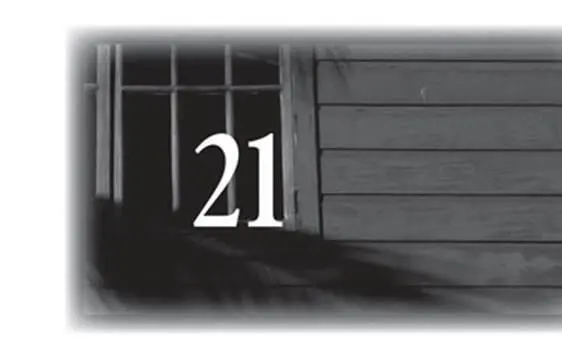
The aluminum boat’s top speed was 15 mph, perhaps less, but over the range of a mile it was faster than the fastest man or animal. I wanted to believe that so argued the case in my head until I was satisfied.
Yes, it was true… on land anyway. In the ocean, it was possible that dolphins or killer whales or a fish that was all muscle, such as a tarpon, might be able to match our pace. But dolphins and killer whales weren’t pursing us. Thinking this raised my spirits, so I shared my thoughts with Belton.
Читать дальше
